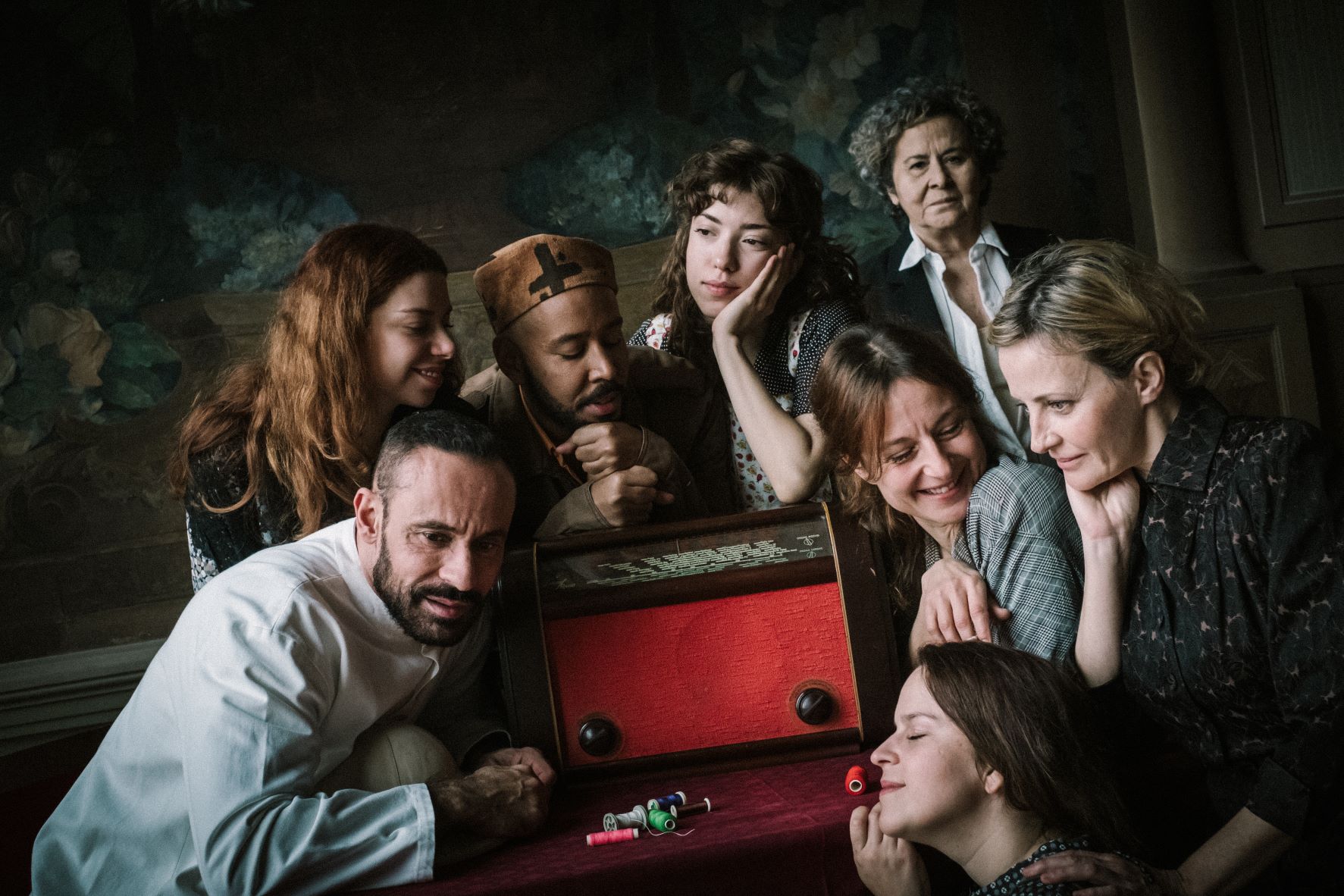Amélia, a woman with a white mother and black father, returns to the ruins of the house where she was born, in Fonte da Raiva, one of the poorest villages in Portugal, and evokes memories of the summer of 1962, the summer of all changes. The Portuguese empire, since the fall of Goa, the assault on the Santa Maria and the onset of the colonial war, had begun its slow agony the year before. In mainland Portugal, mass emigration and the recruitment of men for the war meant that most of the work in the factories was done by women. The loss of men of marriageable age left many brides unmarried. In the newly acquired radio, Amélia’s mother and her four aunts sing and dance to the sound of melodies coming from Lisbon and listen to the messages from soldiers in Africa broadcast on the “Hora da Saudade”. Her uncle, a missionary in Angola, returns unexpectedly on the pretext that he suffers from malaria, but it is intuited that he has been expelled by the authorities for defending the independence of the colonies and for having converted to paganism. His father, a hedonistic black braggart, university student and expert dancer, is expelled from university for having taken part in a demonstration on Student’s Day. He is mobilised for the front in Angola, dies in Tarrafal, accused of desertion. Already in disgrace since the clandestine birth of Amélia, in a deeply conservative land, the five sisters find themselves facing imminent misery. The eldest, a teacher and the main breadwinner of the house, is removed from teaching when her brother’s political and religious views become known. Two of the aunts, who used to make embroidery by hand, are deprived of their livelihood by the competition from a factory that has sprung up nearby and they flee without a trace. Amelia’s favourite aunt, Augusta, a lesbian, escapes the village gossip by emigrating to France. Ana, Amélia’s single mother, is forced into a life of factory work to support her daughter’s studies alone. Inspired by Brian Friel’s Dances to a Pagan God, Fonte da Raiva is composed of short scenes interspersed by the narrator’s speech directly addressing the audience. Present and past coexist, in an attempt to redo happy memories that hid dark times.
This show will be recorded by RTP for future transmission.












